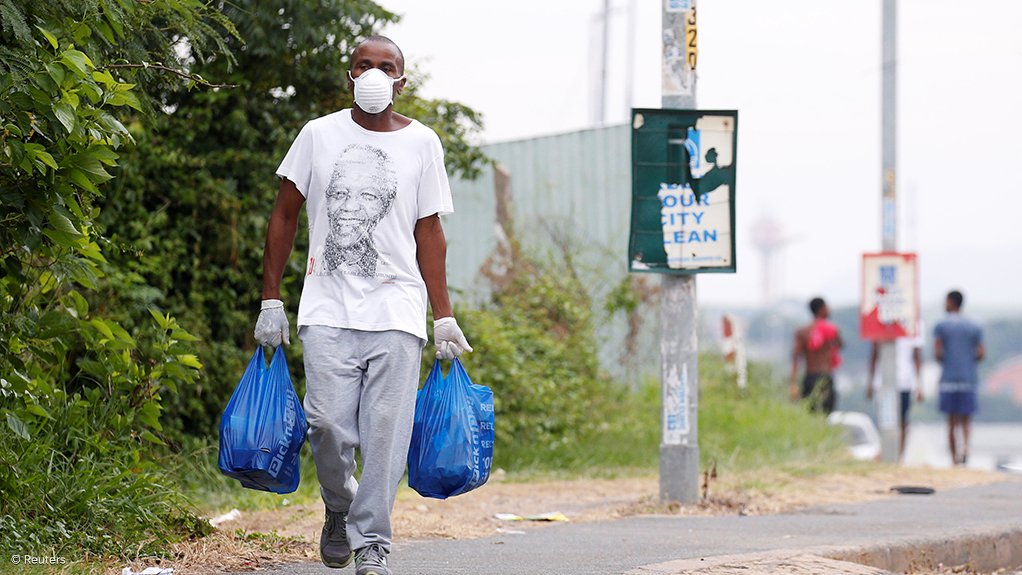World Health Organization (WHO) regional director for Africa Dr Matshidiso Moeti on Thursday said that if current Covid-19 trends continue, the continent can control the pandemic this year.
However, she stressed that continued vigilance is key.
Africa identified its first case of Covid-19 in February 2020.
“Although Covid-19 will be with us for the long-term, there is light at the end of the tunnel. This year we can end the disruption and destruction the virus has left in its path, and gain back control over our lives,” said Moeti.
Over the last two years, the continent has witnessed four waves of Covid-19, each with higher peaks or more total new cases than the previous one. The surges have been mostly driven by new variants of the SARS-CoV-2 virus—which were highly transmissible though not necessarily more fatal than prior waves.
Each subsequent wave has triggered a response that has been more effective than the previous, with each surge shorter by 23% on average from the one before. While the first wave lasted about 29 weeks, the fourth wave was over in six weeks, or about one-fifth of the time.
Moeti explained that over the past two years, the African continent had gotten smarter, faster and better at responding to each new surge in cases of Covid-19.
“Against the odds, including huge inequities in access to vaccination, we’ve weathered the Covid-19 storm with resilience and determination, informed by Africa’s long history and experience with controlling outbreaks,” she added.
More than 242 000 lives were lost on the continent and significant damage to many economies was sustained.
Since the start of the pandemic, the continent’s capacity to manage Covid-19 cases has gradually improved, with the increased availability of trained health workers, oxygen and other medical supplies. The number of intensive care unit beds has increased across the continent, from eight per one-million people in 2020 to 20 today.
The WHO has also helped increase the number of oxygen production plants in Africa from 68 to 115 – a 60% rise – through supporting the repair, maintenance and procurement of new oxygen plants.
“As we enter this new phase of the Covid-19 pandemic, we must use the lessons learned over the past two years to strengthen our continent’s health systems so that we are better prepared to handle future waves of the disease,” Moeti said.
STRENGTHENING CAPACITY TO DETECT DEADLY VIRUSES
She advised that since new variants have driven waves, it is critical that countries strengthen their capacity to detect them through improved genome sequencing. This will also ensure other deadly viruses are quickly identified.
The WHO has increased the number of laboratories able to detect Covid-19 from two to more than 900 today and is bolstering genetic sequencing efforts in Africa through several initiatives. These efforts have led to more than 7 500 samples being sequenced every month in Southern Africa.
The WHO is spearheading an initiative which is conducting mobile antigen-based rapid testing in communities in 15 countries, as well as supplying masks, hand gels and other infection prevention tools.
With the aim of controlling the pandemic, WHO is focusing on scaling-up Covid-19 vaccine uptake, which Moeti said will hopefully limit the emergence of variants.
EMAIL THIS ARTICLE SAVE THIS ARTICLE ARTICLE ENQUIRY
To subscribe email subscriptions@creamermedia.co.za or click here
To advertise email advertising@creamermedia.co.za or click here











